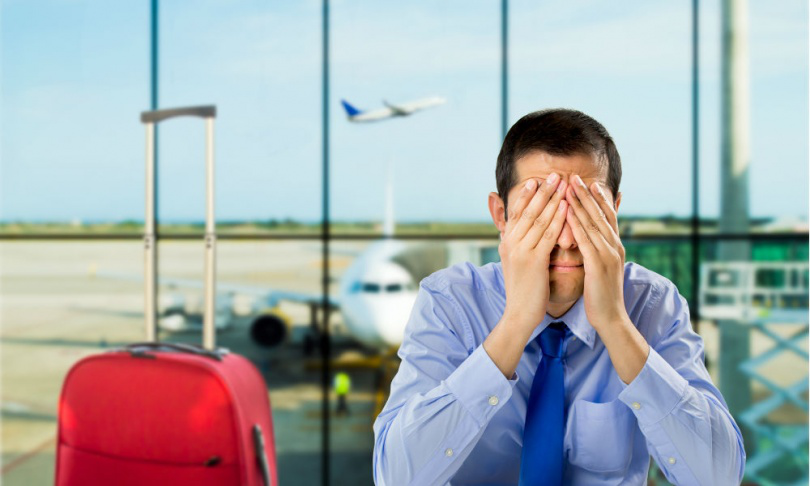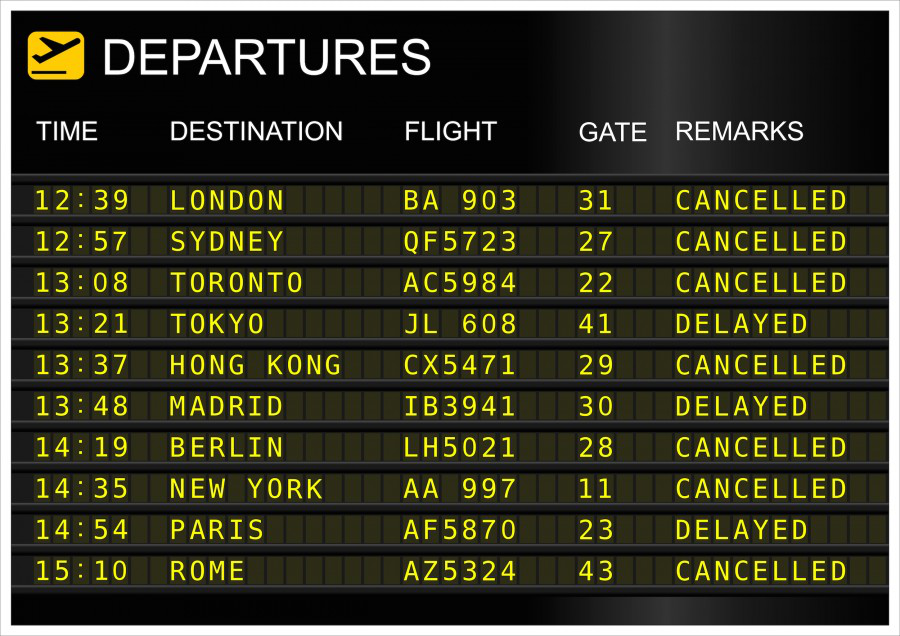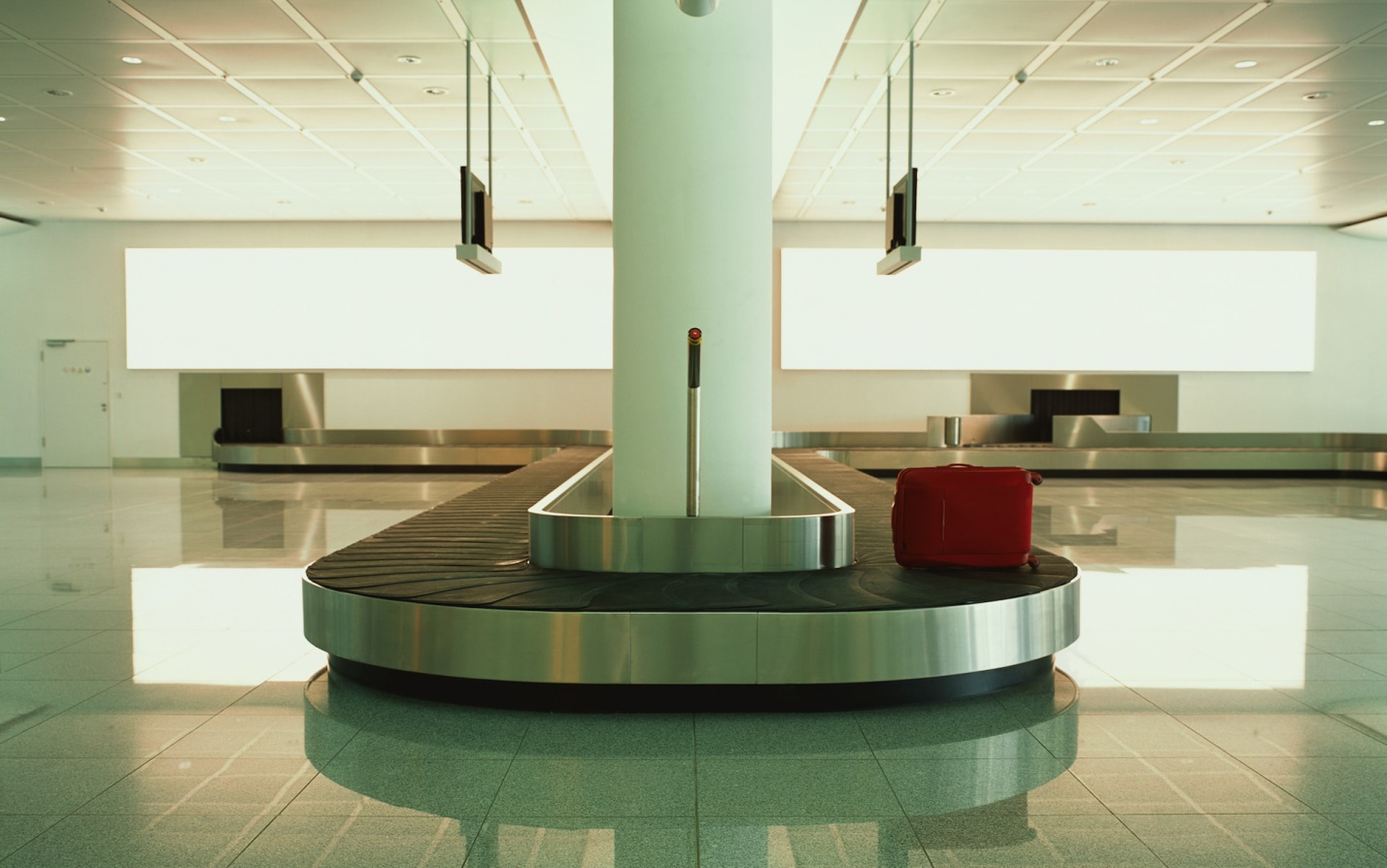
You are through with your passport renewal, luggage packed and flight tickets in your hand. You are already boiling with excitement, ready to go on that trip you have been planning for years. At this time, the last thing on your mind is a travel emergency while you are in a foreign land. It is not the time to think about losing your passport, falling sick or getting into trouble with the law enforcers in another country.
In as much as you desire to have a very smooth trip, sometimes emergencies do occur, and it is imperative to learn how to deal with them before they confront you. To help you out, we take a look at the top travel emergencies encountered by travelers all over the world and how you can deal with them each time they come your way.
Losing your passport

It can’t be emphasized enough that your passport should always be on your person every time you travel. It means that your passport should not get separated from your body. But even with that, lost passports is the number one emergency millions of travelers have to deal with annually. It can be very frustrating to lose your passport in a foreign land, but if it gets lost, you don’t have to panic.
If you find yourself in such an unfortunate situation, report the loss to the nearest police station using your original identification cards or certified copies if you carried any. Once you report the incident, proceed to your consulate or embassy with the police report so that you can apply for an emergency travel document commonly known as Document of Identity. This is the document you will need to travel back home safely.
Missed flight

You are ready for the trip, and you are sitting in the traffic wondering if you will make it to the airport, clear with the security and be in time for the boarding. But then, the traffic seems to be at a standstill, or there is an accident which will take time to clear, thus increasing the stakes for you missing your flight. There are various ways you can handle such a travel emergency.
The first would be to call the airline and let them know you may not make it in time. In such a case, it could be possible to reschedule your flight for an extra fee and fair adjustment. But if you don’t let them know, you may end up losing your entire fare. There are some airlines with unwritten “flat tire rule” which you can use to fly standby for the next flight, provided that you make it to the airport two hours before the departure time.
Cancelled flight

A canceled flight is entirely out of your control, and there is nothing you can do about it, except wait for the airline to resolve the issue and put you on the next flight to your destination. In most cases, the airline will take care of your extra expenses necessitated by the cancellation and these may include hotel or accommodation vouchers as well as transportation to and from the hotel and the airport.
The duration of the cancellation will be dependent upon the reason for cancelation, and it may sometimes vary from a few hours to several hours or days. For instance, mechanical failure can lead to cancellation for a few hours while political turmoil in the destination country may make flight grounded indefinitely.
Falling sick or getting an injury

The worst emergency you can expect while on foreign land is to get sick or sustain a severe injury. Depending on where the injury or sickness happens, quick action is vital for you to get the medical assistance you may require. If it happens in a hotel or at a tourist attraction center, get in touch with employees nearby so that they can direct you to the nearest hospital or clinic. You should also contact your insurance company about the necessary steps required to make a claim as soon as possible.
If you are involved in a serious car accident, you should report the accident to police as soon as you are safe and able to do so. This should be followed by proper documentation, including snapshots of the identification cards of the involved drivers, damages to the cars, hospital bills and the actual medical report. It is also advisable that ones you are out of danger, you should get in touch with the car rental company whose vehicle got involved in the accident and your embassy or consulate to help you out with the administrative issues.
Losing your baggage

Losing luggage is a very common travel emergency, and it is one whose source can be traced back to the time of checking in the bag. Ideally, everyone should travel light, with just a carry-on bag, but this is not possible given the dynamic nature of flying, leading to increased cases of lost luggage.
To begin with, you should consider having a distinctive luggage that will stand out from the rest, thus making it easily identifiable in case you are looking for it. You should also know the extent of the airline’s financially liability on lost luggage to get reimbursed should you lose your items. But most importantly, you will have a period of 24 hours to file a lost luggage claim. You will then leave your contact address with the airline so that you can be reunited with your luggage once it is located.
Losing your wallet

You will most likely have your cards and cash in your wallet or purse and losing them can be very traumatizing. However, if that happens, the last thing you should do is panic since the longer you wait, the more time you allow the culprits to wreak havoc if they can do so. Of course, you may not get your money back, but for the cards, it is essential to call your bank immediately to report the loss and have the cards deactivated from carrying out any transactions.
The bank will also advise on how you can have access to extra cash to use in the meantime. Meanwhile, you should report the loss to the police where you will file a report to help you with claiming from your insurance company any other valuable you may have lost.






